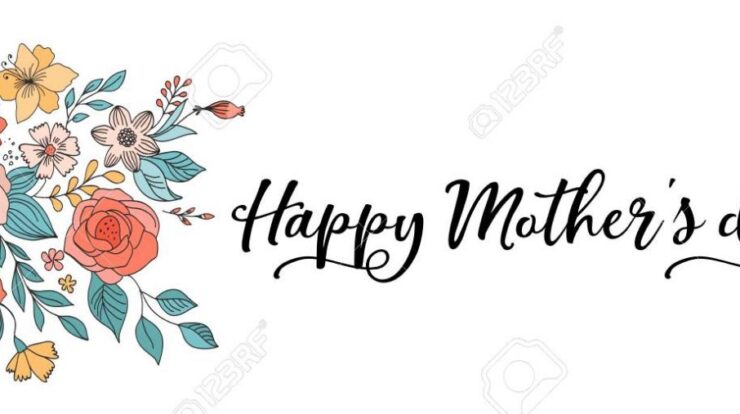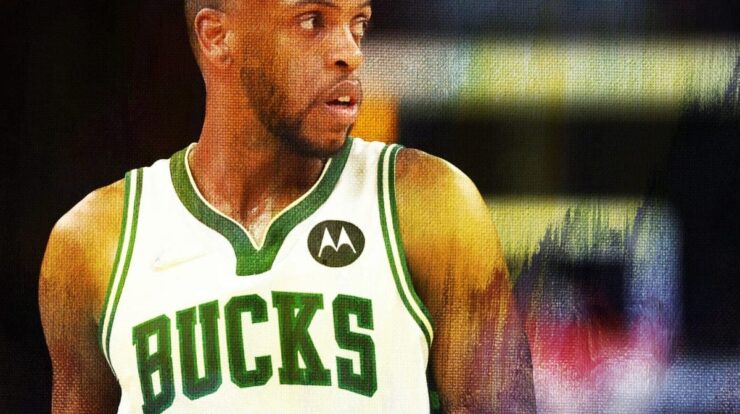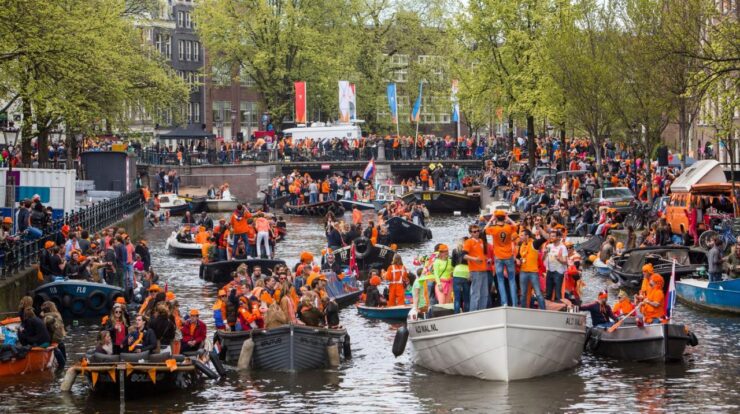
Netherlands King’s Day, a national holiday celebrated annually on April 27th, is a vibrant and colorful festival that embodies the rich cultural heritage and national pride of the Netherlands. This day commemorates the birth of King Willem-Alexander and is marked by a wide range of festivities and traditions.
From bustling flea markets and vibrant orange-themed decorations to lively music performances and grand parades, King’s Day transforms Dutch cities into a sea of revelry and camaraderie. The streets come alive with a festive atmosphere as locals and visitors alike don orange attire, the national color, and immerse themselves in the infectious spirit of the celebration.
King’s Day in the Netherlands
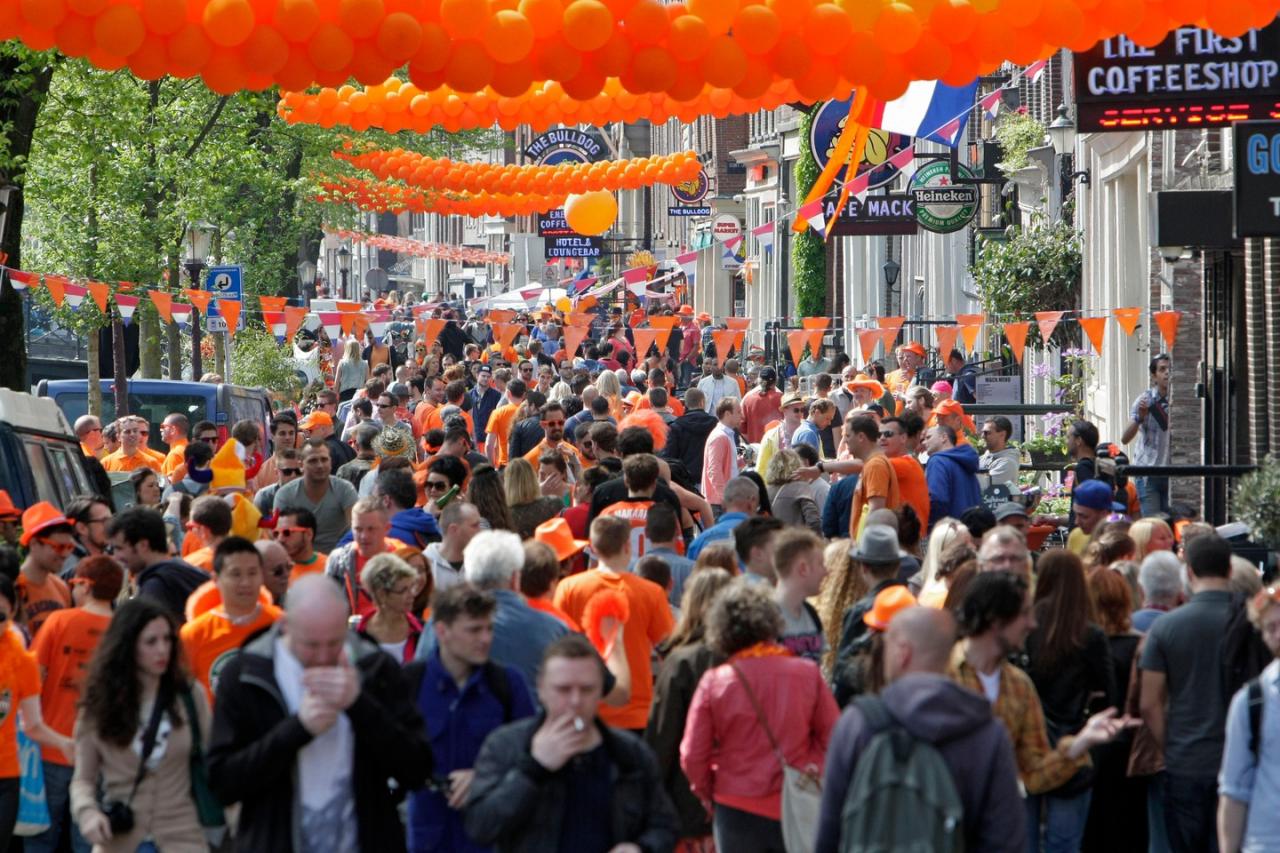
King’s Day is a national holiday in the Netherlands, celebrated annually on April 27th to mark the birthday of King Willem-Alexander. The celebration has a long history and is a cherished tradition among the Dutch people.
King’s Day History
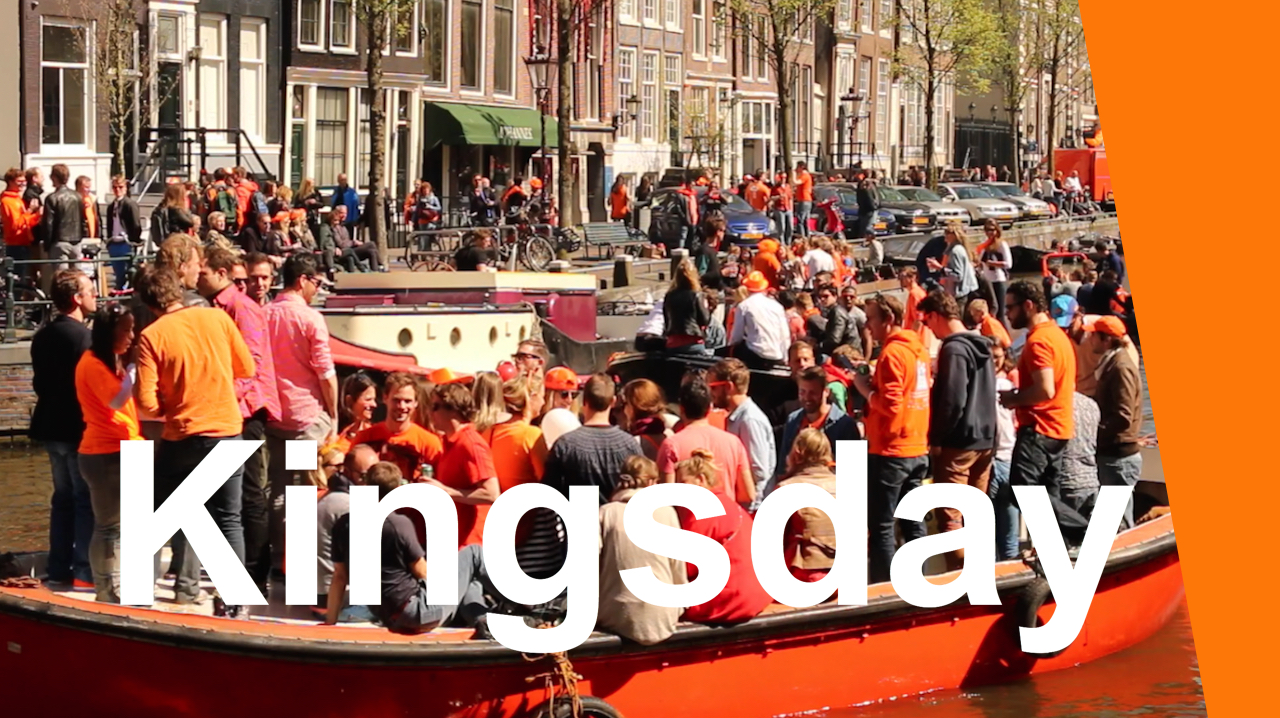
The origins of King’s Day can be traced back to 1885, when it was known as Princess’s Day to celebrate the birthday of Princess Wilhelmina. In 1949, after Wilhelmina’s abdication, the holiday was renamed Queen’s Day to honor Queen Juliana.
It became King’s Day in 2013 with the accession of King Willem-Alexander to the throne.
King’s Day Traditions
King’s Day is a day of national celebration, marked by a variety of traditional activities and customs. The most notable tradition is the nationwide flea market, where people set up stalls to sell used goods, antiques, and handmade crafts. The streets are adorned with orange decorations, the national color of the Netherlands, and there are music performances and other festivities throughout the day.
King’s Day Celebrations in Different Cities
King’s Day is celebrated in unique ways in different cities across the Netherlands. In Amsterdam, the city center is transformed into a vibrant market with over 700,000 visitors. The Hague hosts a large parade featuring the royal family, while Rotterdam organizes a music festival with performances by Dutch and international artists.
King’s Day Economic Impact, Netherlands king’s day
King’s Day has a significant economic impact on the Netherlands. The flea markets generate millions of euros in revenue, and the influx of tourists boosts retail sales and other industries. The holiday also contributes to the tourism sector, as many people visit the Netherlands to experience the unique atmosphere of King’s Day.
King’s Day Social Significance
King’s Day is more than just a national holiday; it is a symbol of Dutch unity and pride. The celebration brings people together from all walks of life, fostering a sense of community and belonging. It is a day when the Dutch people come together to celebrate their king and their nation.
King’s Day in the Media
King’s Day is widely covered by the Dutch media, with newspapers, television, and social media outlets reporting on the festivities and providing updates on the royal family’s activities. The celebration is also a popular topic on social media, with people sharing photos and videos of the markets, parades, and other events.
King’s Day Safety Measures
To ensure the safety of attendees, King’s Day is accompanied by extensive security measures. Law enforcement officers are deployed throughout the celebration areas, and medical services are on standby to respond to any emergencies. Crowd control measures are also implemented to prevent overcrowding and ensure the smooth flow of people.
King’s Day Sustainability
In recent years, efforts have been made to ensure the sustainability of King’s Day celebrations. Waste reduction initiatives, such as recycling programs and the use of biodegradable materials, are implemented to minimize the environmental impact of the event. The use of renewable energy sources, such as solar and wind power, is also being explored to reduce the carbon footprint of the celebration.
King’s Day Future
As King’s Day continues to evolve, it is likely that new traditions and celebrations will emerge. The celebration may also become more international in scope, with people from other countries coming to the Netherlands to experience the unique atmosphere of the event.
The future of King’s Day is bright, as it remains a cherished tradition that brings the Dutch people together in a spirit of unity and celebration.
Closure
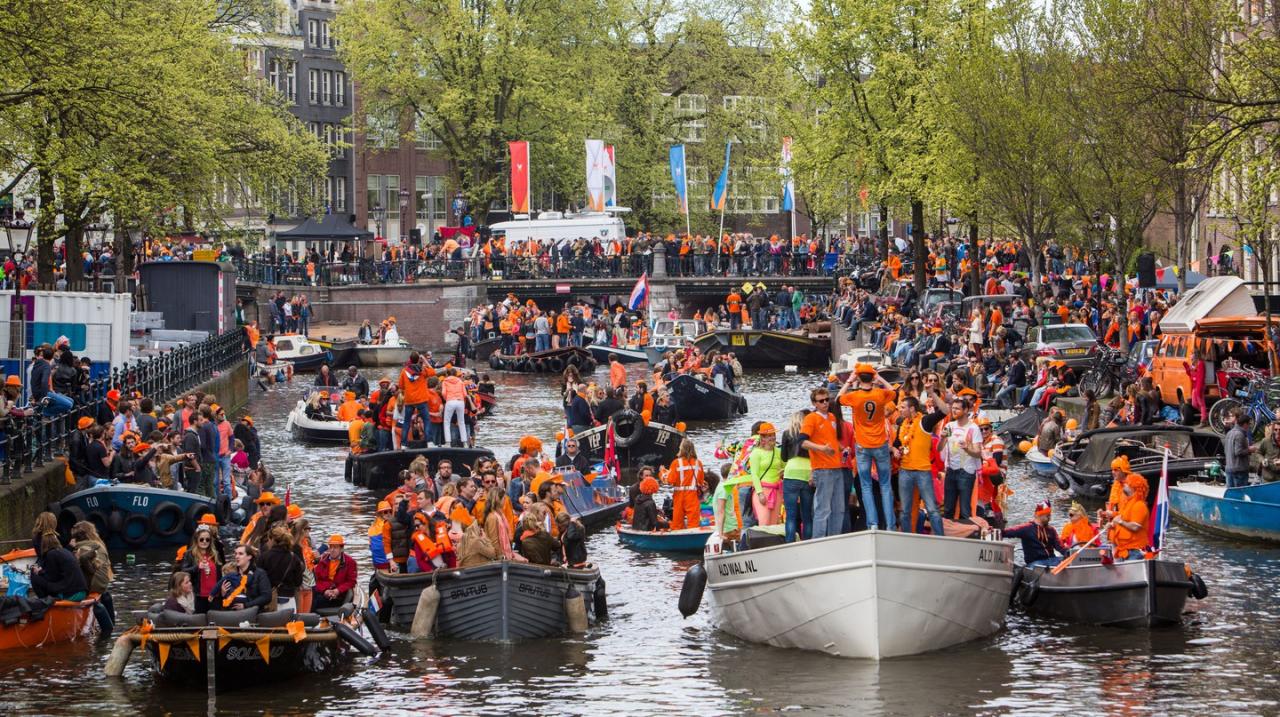
King’s Day serves as a testament to the strong sense of national unity and pride among Dutch citizens. It is a day that celebrates the monarchy, Dutch culture, and the shared values of the nation. As the festivities draw to a close, a sense of camaraderie and shared joy lingers, leaving a lasting impression on both participants and observers alike.
Top FAQs: Netherlands King’s Day
What is the significance of the color orange on King’s Day?
Orange is the national color of the Netherlands and has been associated with the Dutch royal family for centuries. It is believed to have originated from the House of Orange-Nassau, which has ruled the Netherlands since the 16th century.
What are some of the popular traditions associated with King’s Day?
King’s Day is celebrated with a variety of traditional activities, including flea markets, street parties, music performances, and parades. Many people also wear orange clothing and accessories to show their national pride.
How is King’s Day celebrated in different cities in the Netherlands?
King’s Day is celebrated in different ways in different cities across the Netherlands. Some of the most popular celebrations take place in Amsterdam, The Hague, and Utrecht. In Amsterdam, the canals are filled with boats and there is a large flea market in the city center.
In The Hague, there is a parade with floats and marching bands. In Utrecht, there is a music festival and a large funfair.


